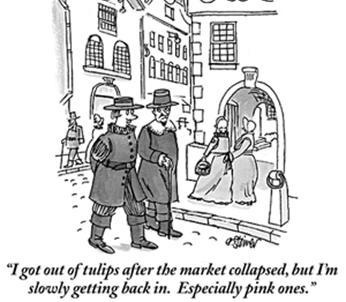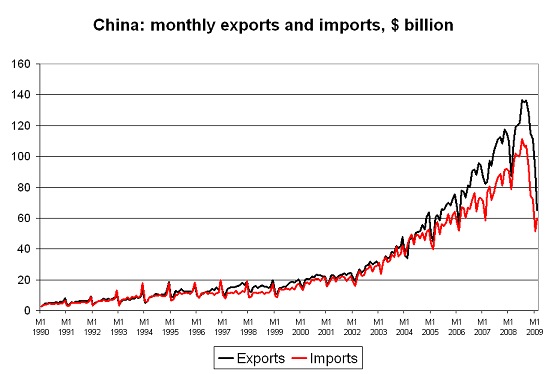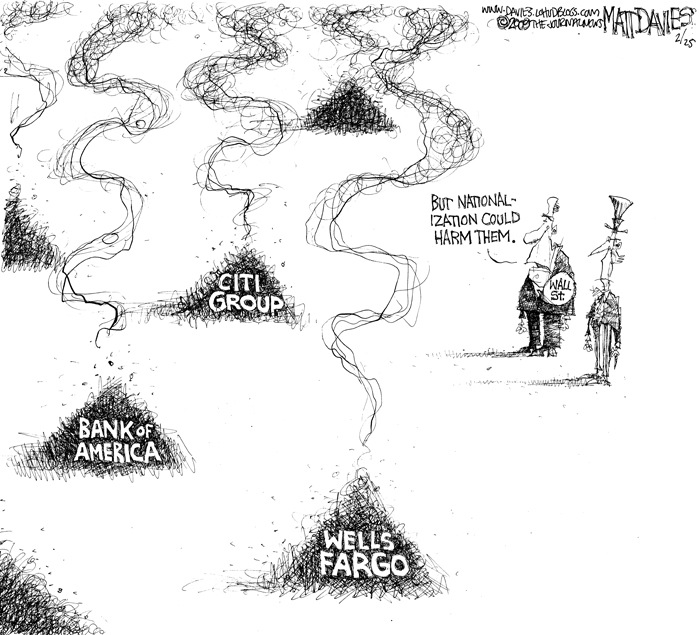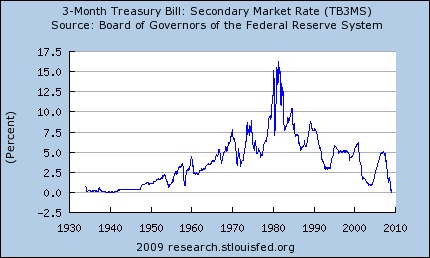I’ll quote just a little bit of Matt Taibbi’s piece in Rolling Stone, and let you go Read The Whole Thing. Here’s the thing: the penny-ante AIG bonuses are a distraction. Let’s pay attention, please.
… In essence, Paulson and his cronies turned the federal government into one gigantic, half-opaque holding company, one whose balance sheet includes the world’s most appallingly large and risky hedge fund, a controlling stake in a dying insurance giant, huge investments in a group of teetering megabanks, and shares here and there in various auto-finance companies, student loans, and other failing businesses. Like AIG, this new federal holding company is a firm that has no mechanism for auditing itself and is run by leaders who have very little grasp of the daily operations of its disparate subsidiary operations.
In other words, it’s AIG’s rip-roaringly shitty business model writ almost inconceivably massive — to echo Geithner, a huge, complex global company attached to a very complicated investment bank/hedge fund that’s been allowed to build up without adult supervision. How much of what kinds of crap is actually on our balance sheet, and what did we pay for it? When exactly will the rent come due, when will the money run out? Does anyone know what the hell is going on? And on the linear spectrum of capitalism to socialism, where exactly are we now? Is there a dictionary word that even describes what we are now? It would be funny, if it weren’t such a nightmare.
…
As complex as all the finances are, the politics aren’t hard to follow. By creating an urgent crisis that can only be solved by those fluent in a language too complex for ordinary people to understand, the Wall Street crowd has turned the vast majority of Americans into non-participants in their own political future. There is a reason it used to be a crime in the Confederate states to teach a slave to read: Literacy is power. In the age of the CDS and CDO, most of us are financial illiterates. By making an already too-complex economy even more complex, Wall Street has used the crisis to effect a historic, revolutionary change in our political system — transforming a democracy into a two-tiered state, one with plugged-in financial bureaucrats above and clueless customers below.
The most galling thing about this financial crisis is that so many Wall Street types think they actually deserve not only their huge bonuses and lavish lifestyles but the awesome political power their own mistakes have left them in possession of. When challenged, they talk about how hard they work, the 90-hour weeks, the stress, the failed marriages, the hemorrhoids and gallstones they all get before they hit 40.
“But wait a minute,” you say to them. “No one ever asked you to stay up all night eight days a week trying to get filthy rich shorting what’s left of the American auto industry or selling $600 billion in toxic, irredeemable mortgages to ex-strippers on work release and Taco Bell clerks. Actually, come to think of it, why are we even giving taxpayer money to you people? Why are we not throwing your ass in jail instead?”
But before you even finish saying that, they’re rolling their eyes, because You Don’t Get It. These people were never about anything except turning money into money, in order to get more money; valueswise they’re on par with crack addicts, or obsessive sexual deviants who burgle homes to steal panties. Yet these are the people in whose hands our entire political future now rests.
Good luck with that, America. And enjoy tax season.



 Before I start shredding “
Before I start shredding “
